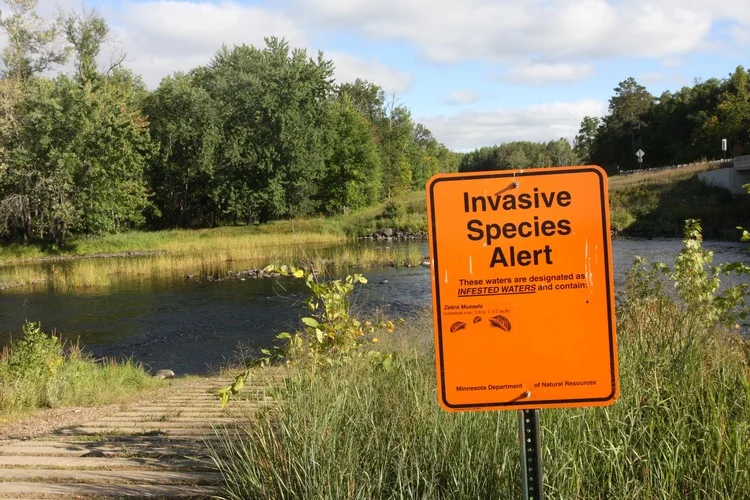
A rapidly warming planet – and worsening climate change – means tens of millions will be on the move in mass migrations, warns Marco Magrini


It was a changing climate, along the span of millennia and millennia, that contributed to the dispersal of our species out of Africa. It happened in several waves, starting more than 100,000 years ago. Over an extremely long timescale, wobbles in the Earth’s axis triggered periodic climate shifts that either encouraged migrations (creating green corridors to gain access to the eastern Mediterranean) or compelled them (causing prolonged droughts, eclipsing food sources).
It’s a changing climate, over the span of just a few decades, that will contribute to the largest Homo sapiens migration in the history of this planet. It will be the biggest since our headcount has swollen from a few thousand people to more than eight billion today. It will be the fastest, too. Not on a geological timescale, but in the blink of a few generations, our species has been triggering a climate shift that is widely believed will encourage migrations in the future (for those who can afford it) or force them (for those who own nothing but the will to survive).
Already in 1990, in its First Assessment Report, the IPCC argued that a mass migration could be the worst repercussion of the climate crisis ‘with millions of people displaced by shoreline erosion, coastal flooding and severe drought’, not to mention extreme heat. Since then, a number of studies have tried to predict how massive mass migrations will be by 2050. The estimates vary so wildly as to sound implausible — from 240 million to 1.2 billion people. However, such a gap depends on the diverse metrics being used. The most alarming figures also take into account the consequences of forced migration to liveable and cooler lands: tension, conflict, wars.

The Pentagon has long been aware of the issue and, as a matter of fact, it has often remarked publicly that the climate crisis is an acute geopolitical risk in itself. On the other hand, both the proportion and the consequences of mass migrations to come are quite impossible to figure out. For example, will humanity manage
to keep warming below 2°C, or will the temperature go up unrestricted, above a scary 4°C threshold? The difference would be enormous.
Physical and ideological barriers are already being erected against present migrations, in rich and poor countries alike. It’s impossible to imagine how much worse things may turn out if and when tens of million of people start escaping from hellish heat. The UN hailed the Falepili Union as a groundbreaking deal: Australia offered Tuvalu citizens – whose islands are due to be submerged — the status of climate refugees.
However, it should be noted that Australia’s population density is the lowest after Mongolia and Namibia, while Tuvaluans are a mere 12,000 souls. Much more is needed. The Biden administration has released and then updated a report on this very issue, which calls for ‘for US leadership to elevate the impact of climate change on migration and displacement in multilateral spaces’. It hangs by the upcoming electoral thread.
Now, Homo sapiens are just one of several million species living on this planet. Climate change is either encouraging or compelling many of them to migrate, too, which gives us a much more accurate view of the problem: fleeing from danger (or rushing to opportunities) is a universal trait of life. As we all know, a lot of alien and invasive species — both animals and plants — threatening agriculture and beyond around the world have been traveling aboard ships and planes. Yet climate change is credited with making things terribly worse.

A mass exodus of tens of thousands of species is transforming the fabric of biodiversity, where evolution has crafted skills for every one of them along lengthy timescales. The interaction between them and native ecosystems is so complex that it’s impossible to find a general solution to the problem: precipitation trends, migration patterns, food and water availability, temperature regimes and the duration of seasons, are all changing in front of our eyes. According to IPBES (the equivalent of the IPCC on matters related to biodiversity and ecosystem services), the global economic cost of managing invasive species was more than US$420 billion in 2019.
Migrations are almost unstoppable. I’m afraid this could become a somewhat monotonous conclusion for this column, but this is just another extremely sound reason to say a swifter goodbye to climate-altering fossil fuels.
More climatewatch columns from Macro Magrini…
- What happens to the climate crisis if Trump wins in November?
- The new abnormal: adapting to climate change
- Doors are closing on solutions, argues the Climate Crisis Advisory Group
- Food for thought: feeding the world accounts for a third of human-made carbon emissions
- Will the COP28 pledge to ‘transition’ away from fossil fuels be enough?




